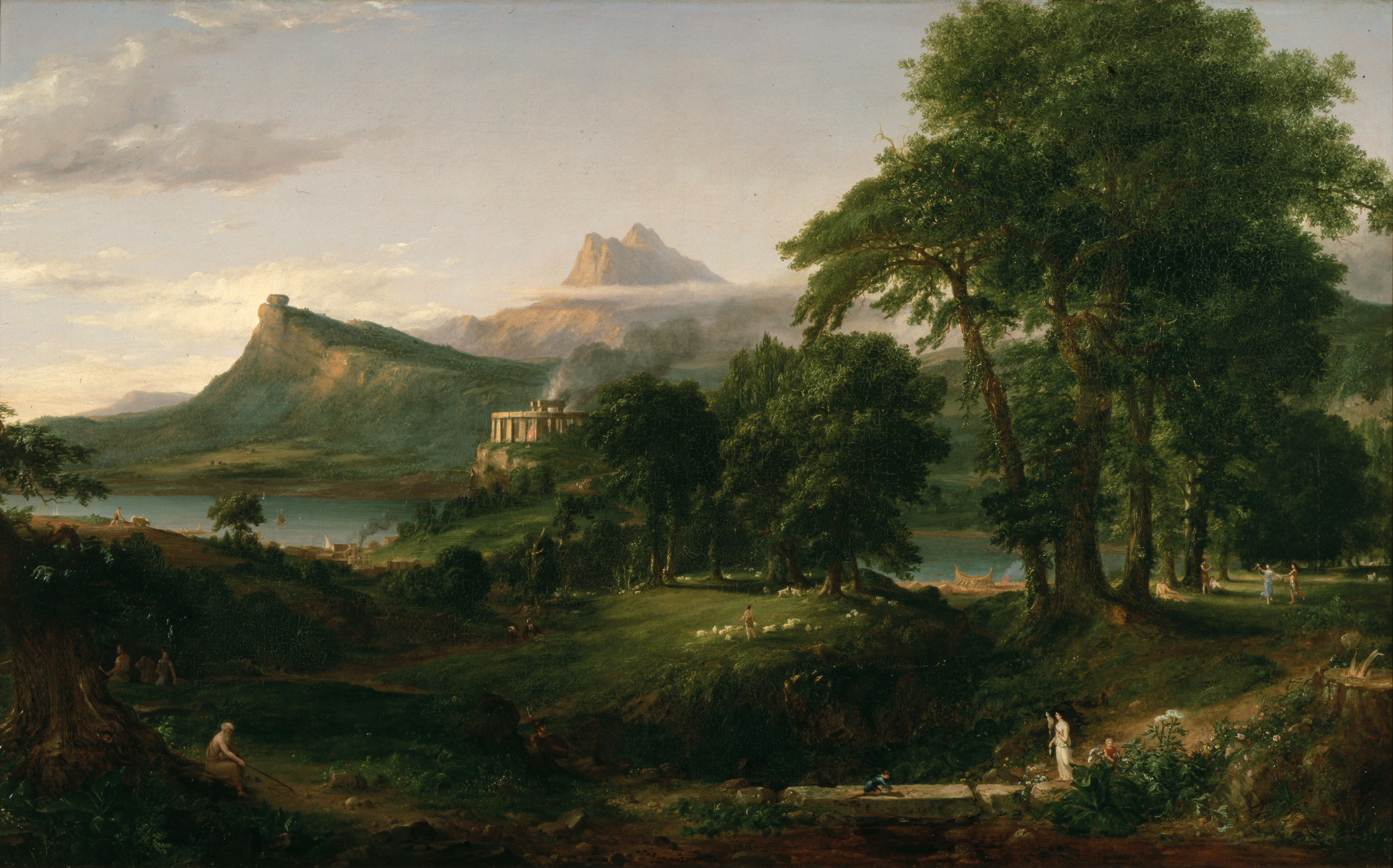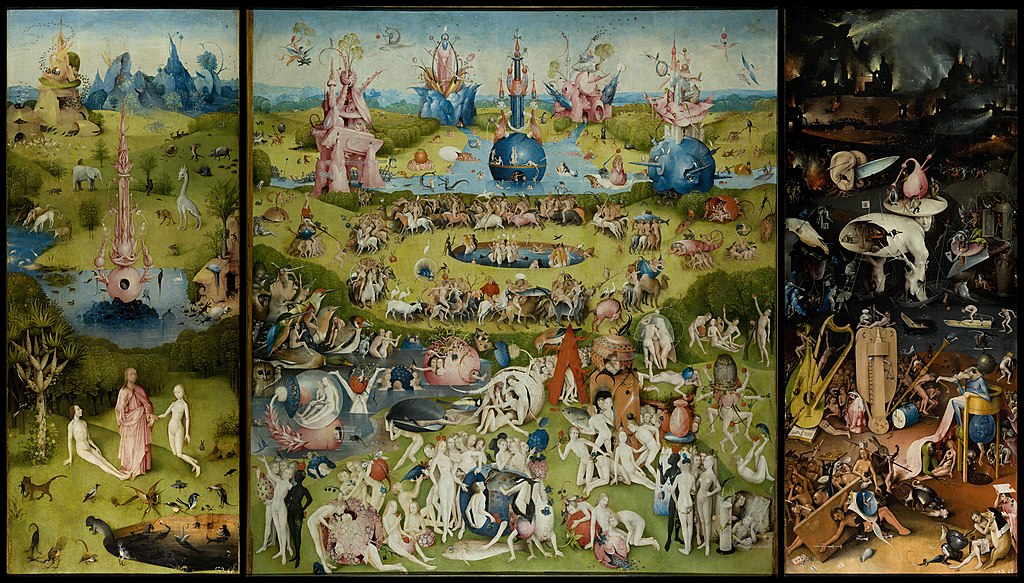BEATRICE I beseech your Grace pardon me. I was born to speak all mirth and no matter.
PRINCE Your silence most offends me, and to be merry best becomes you, for out o’ question you were born in a merry hour.
BEATRICE No, sure, my lord, my mother cried, but then there was a star danced, and under that was I born.
(Much Ado About Nothing II.i.322-329)
As much as I love his tragedies, the comedies have always been my favorite. They have resonated with me more deeply than their melancholy cousins. While the plot of A Midsummer Night's Dream seems to be lighter fare than the overt seriousness of Romeo and Juliet, the two plays (like the others they represent) are more similar than they appear. Hermia & Lysander and Helena & Demetrius are just a ruling-from-Theseus away from becoming Juliet & Romeo. Both genres deal with the same issues, but arrive at different conclusions.
I love the quote from Much Ado About Nothing above. In the last sentence, Beatrice hits on the nature of truly good comedy: Joy and despair often walk hand in hand. Peter Leithart (to reference a scandalous author) calls this phenomenon "deep comedy." Throughout the course of the story, the characters must undergo all kinds of loss before they finally reach happiness in the end: Heartbreak, betrayal, and horror are all present in both Shakespeare's comedies and tragedies. From a purely artistic standpoint, this juxtaposition makes the whole piece more effective; the contrast between the two extremes raises the stakes for both of them, rendering their qualities more dramatic.
What sets the comedies apart from the tragedies, however, is their endings. I believe that ultimately, the comedies are most realistic. None of this makes sense at first - we all live in a fallen world, and if you're a good Amillenial (cough), you don't foresee anything improving any time soon. It would appear that our earthly destiny falls rather on the bleak end of the spectrum. But here's the thing: Our story doesn't end with death. The Christian worldview is a hopeful one, because Christ has already conquered death. The happy ending is guaranteed for us. This eschatological reality embodies the tension in the comedies between temporary defeat and permanent victory, present suffering and future peace, earthly chaos and heavenly perfection. The lighthearted tone of the comedies reminds us that our hope in Christ makes the suffering in this world bearable. For the Christian, deep comedy is the truest form of realism.
Every Shakespeare scholar has written about his ability to create relatable, lifelike characters. His comic genius is similar. His characters mirror us in such a way that makes us first laugh, then think. It is when we see ourselves in the struggles of his characters that his plays are successful.
For I consider that the sufferings of this present time are not worth comparing with the glory that is to be revealed to us. For the creation waits with eager longing for the revealing of the sons of God. For the creation was subjected to futility, not willingly, but because of him who subjected it, in hope that the creation itself will be set free from its bondage to corruption and obtain the freedom of the glory of the children of God. For we know that the whole creation has been groaning together in the pains of childbirth until now. And not only the creation, but we ourselves, who have the firstfruits of the Spirit, groan inwardly as we wait eagerly for adoption as sons, the redemption of our bodies. For in this hope we were saved. Now hope that is seen is not hope. For who hopes for what he sees? But if we hope for what we do not see, we wait for it with patience.
Romans 8.18-25






